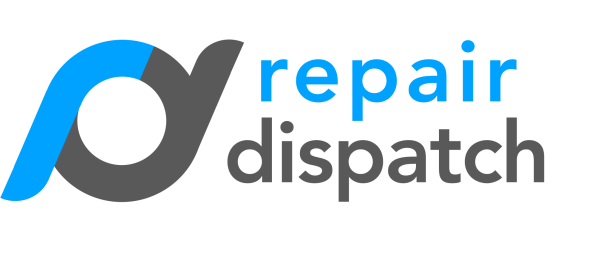Case Study: Urgently Streamlining Insurance Claim Processing
When a person files a vehicle insurance claim, providers turn to a company for scheduling a damage assessment. That company— a K-Optional Software client— specializes in getting every vehicle appraised so that the insurance provider can cut a check for the repair.
Working with insurance providers means adopting long-lived industry conventions; our client receives claims to a dedicated email server in a pseudo-consistent format.
Before working with K-Optional Software, our client had written a script in-house for reading this inbox, attempting to interpret the data, and exporting it into a CSV file. This approach proved brittle: slight variations in claim emails confused the script causing entire CSVs to drop. Worse yet, the evolution of email authentication— actually a welcome improvement for IT security— broke the script entirely.
So K-Optional received an urgent request to quickly stand-up a robust process that reliably processed mangled emails while the client depended on it. This was a textbook “fix the plane while it’s flying” scenario.
The Challenge: Overcoming Complex Email Data Processing Urgently
In addressing the complex email data processing challenge, our team encountered several obstacles:
- SMTP Protocol Complexity: Scraping email content is difficult. For one thing, the underlying SMTP protocol isn’t conducive to fetching data.
- Diverse Data Formats: Plus, unlike, say, websites, email content may consist of varying data formats. Suffice it to say that emails are even less machine readable than HTML web-pages.
- Handling Corrupted Emails: The predecessor script failed to handle mangled emails, a nontrivial proportion.
- Urgency: Finally, this engagement needed a quick turnaround; our client’s pipeline slowed to a trickle without automatic claim-intake.
Our Assessment: ETL Approach and Flexible Parser
- After investigating the premiere SMTP libraries in a host of programming languages, we concluded that we should find a way to minimize the use of email protocols.
- We also determined that a flexible parser would enable our client to support additional providers easily— that huge realization ultimately allowed them to sign a new contract after delivery without any follow-up engagement.
- We cataloged this business problem as an Extract, transform, load (ETL) problem and applied industry knowledge in our solution. A 4-step processing pipeline borrowed components from state-of-the-art compiler design, an esoteric field in computer science.
The Result: Swift Delivery and Immediate Benefits
K-Optional delivered a working MVP within a week. While the client employed this release, we continued to develop a full V1 build over the next two weeks. The impact was immediate and substantial:
- Dropped claims were eliminated.
- The client gained a flexible and intuitive interface for email processing.
- The business model received a significant boost.
Remarkably, just three weeks after the initial delivery, the client successfully supported a new insurance provider without the need for additional consulting or engagement.
